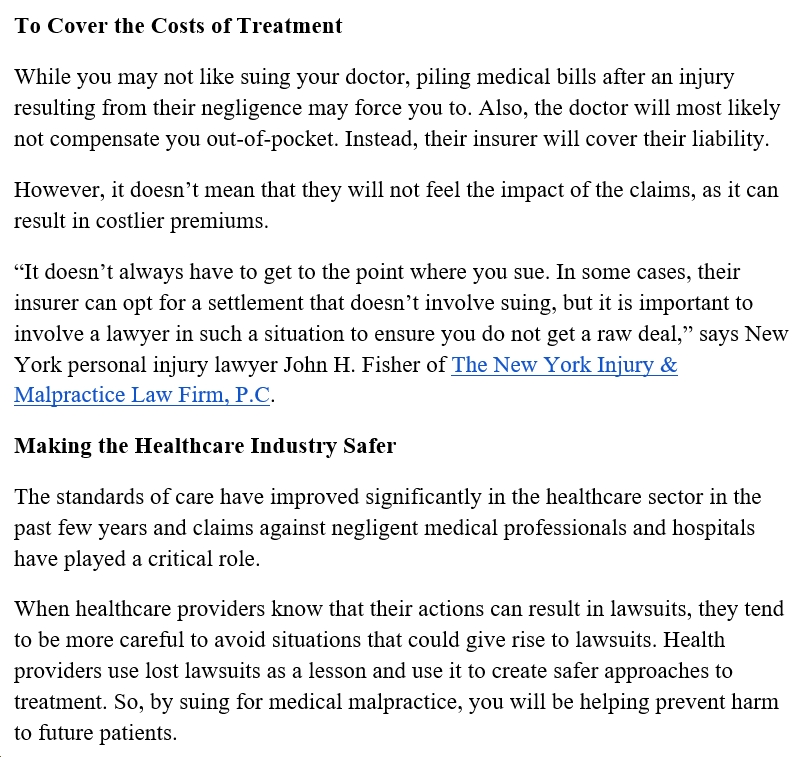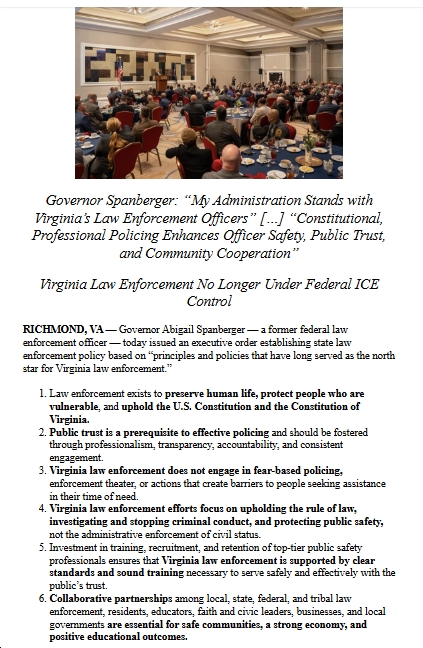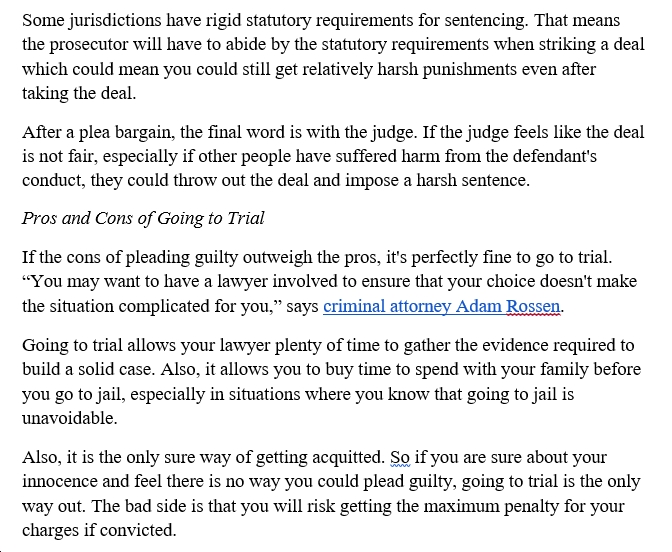SPONSORED CONTENT
Once someone has been convicted of a crime, or even a traffic offense, they may be sentenced to jail and/or have to pay a fine, among other punishments. In the case of jail time, which is sometimes the penalty for reckless driving, it can wreak havoc on a person’s life. Even after serving their penal sentence, a person can find it more difficult to get a job, housing, academic opportunities, and more. Now, due to a new law implemented at the beginning of July 2019, it is going to become even more difficult.
The new law was actually passed back in March of 2018. It stated that the Virginia Supreme Court’s Office of the Executive Secretary must include a new search function on its website. While the feature is not new, it has changed. Before, a person had to know the exact city/county charges were filed, or conduct hundreds of separate searches to find information on someone’s criminal history. Now all they need is a name.
“It is difficult to understand why legislators want to further detriment people that have already served their time or otherwise paid for their offense simply to promote greater public awareness,” says Andrew Lindsey of Price Benowitz. “This does not help with rehabilitation or prevent recidivism, and there are already established means of running reliable background checks on individuals for entities that have a legitimate need to know a person’s history. There might also be accuracy problems with the new system in terms of how a defendant’s name is spelled, and whether the system reflects when prior convictions are overturned on an appeal at a later time and in a different court.”
The only good news is that this new search function may not hurt a person’s ability to obtain employment after release. Back in January of 2019, the Virginia Senate approved a law that would “ban the box.” This law would make it illegal for some employers to ask on employment applications if a person has ever been convicted of a crime. While this is good news, the legislation still has a ways to go. It must now pass in the House of Delegates, a place where similar bills have died in the past. Even if it is successful, employers might still informally search a person’s criminal history using this free public website, even if the law formally prohibits them from asking about or taking those search results into consideration.
Regardless, this proposed law may be the only silver lining for those with a criminal record that are trying to move forward in their new life, assuming their case did not resolve in a way that is eligible for expungement. “Expungements will be even more important now than they were before” says Andrew Lindsey.


















